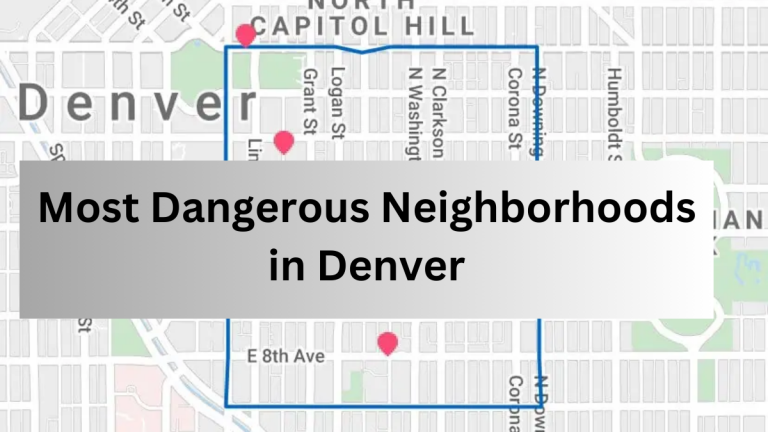Class Action Investigates Ozempic Weight Loss Drug
Did you use an injectable weight loss drug like Ozempic?
Do you use Ozempic or another weight reduction drugs? Do you have gastroparesis, stomach paralysis, intestinal obstruction or blockage, chronic vomiting, nausea, or diarrhea? Did you consult a doctor or seek medical attention for these issues? If you answered yes, you may be entitled to heavy compensation. A recent study found that individuals taking the weight loss medicine Ozempic®, as well as Wegovy®, Mounjaro™, Rybelsus®, Trulicity®, and Saxenda®, could develop unpleasant side effects characteristic of gastroparesis, or stomach paralysis.
According to a study conducted by the Departments of Ophthalmology, Visual Sciences, and Medicine, as well as The Eye Care Center at the University of British Columbia, participants who used drugs that suppress GLP-1 had a higher risk of stomach paralysis and other disorders such as pancreatitis. GLP-1 drugs such as Ozempic and Wegovy are included in this category. The methodology of the study was to randomly pick 16 million patients’ data from 2006 to 2020, which was obtained through the paid PharMetrics Plus database [1].
If you or someone you know has had negative side effects, get immediate medical attention. If you believe your symptoms are directly related to Ozempic® or similar treatments, you may be eligible for compensation. If you believe you qualify by having taken one of these Injectable Weight Loss Drugs, you can use the links below to fill out a claim form.
What Are the Different Weight Loss Medications in the Investigation?
• Ozempic®
Ozempic® functions as a glucagon-like peptide-1 (GLP-1) receptor agonist, initially developed for Type 2 diabetes management. Semaglutide, its active ingredient, mimics the effects of the naturally occurring hormone GLP-1. This hormone aids in blood sugar level regulation and appetite control. Ozempic® achieves this by boosting insulin production and reducing glucose release from the liver, effectively managing blood sugar and promoting weight loss in diabetic patients.
• Wegovy®
Wegovy® shares the same active compound as Ozempic®, namely semaglutide, but distinguishes itself through a significantly higher dose. In 2021, Wegovy® earned FDA approval as a weight loss medication, marking a notable milestone as the first newly approved weight loss medication in several years.
• Saxenda®
Saxenda®, containing the active compound liraglutide, is a GLP-1 medication initially approved in 2010 for managing type 2 diabetes under the brand name Victoza. Based on clinical trial results, Saxenda® gained FDA approval in 2017 as a weight loss medication for individuals with a BMI of 30 or higher, or a BMI of 27 and higher with an associated metabolic health condition. Notably, Saxenda® is not prescribed for treating type 2 diabetes.
• Rybelsus®
Rybelsus® stands out as an oral medication suitable as a first-line treatment for enhancing blood sugar control in adults over 18 with type 2 diabetes. Operating similarly to GLP-1, Rybelsus® stimulates insulin secretion and reduces glucagon secretion from the liver.
• Mounjaro™
Mounjaro™, or tirzepatide, is an injectable solution designed to improve blood sugar levels in adults with type 2 diabetes. Reports suggest that Mounjaro™ aids the body in regulating blood sugar and moderating food intake.
• Trulicity®
Trulicity® (generic name: dulaglutide) assists individuals with type 2 diabetes by lowering A1C levels. It achieves this by restricting sugar entry into the bloodstream, slowing down the digestion process, and prompting the pancreas to release insulin in response to elevated blood sugar levels after meals.
How Do I Qualify for Compensation?
The rising use of the aforementioned weight loss drugs, including Ozempic®, has revealed a troubling tendency. There have been reports that show a probable link between Ozempic® and a condition known as gastroparesis, sometimes known as stomach paralysis.
Gastroparesis is a condition that causes the stomach to discharge its contents into the small intestine to take longer than usual. This can cause a variety of unpleasant symptoms, including nausea, vomiting, bloating, and a feeling of fullness. Malnutrition and other problems may occur in severe cases. There is no known cure for the disease, but discontinuing the drug may alleviate symptoms.
Many victims are now coming forward to seek justice against drug companies who neglected to adequately warn patients about the inherent risks of using these weight reduction medicines. These companies owe it to their customers to keep them safe and to alert them of any hazards associated with utilizing their therapies. Failure to do so entitles victims to seek compensation, which can be used to cover medical expenditures, a victim’s pain and suffering, or even lost income due to time away from work while healing from injuries.
If you or someone you care about was inadvertently harmed by dangerous weight loss and diabetic medications like Ozempic®, you may be entitled to compensation for any pain and suffering you endured as a result of using the aforementioned medications.
Read More:
- Elise Stefanik has been accused of plagiarizing an anti-Semitic letter
- On Sunday, Caitlin Clark’s WNBA future was decided







